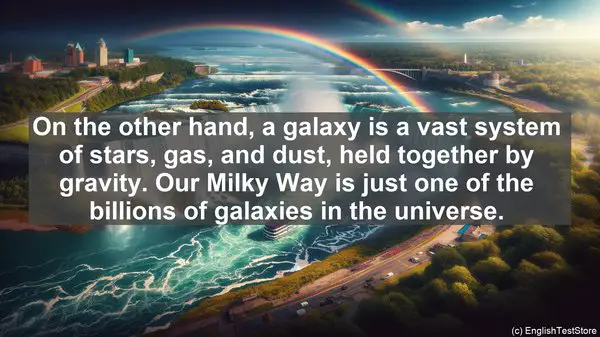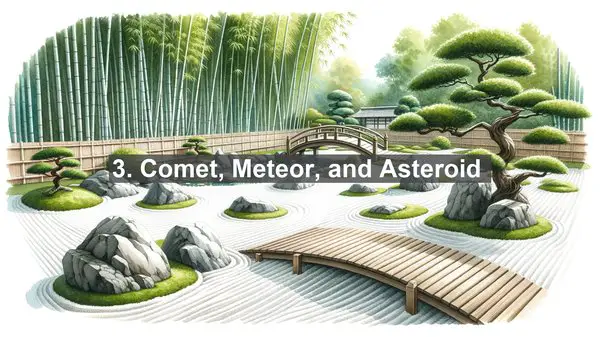Introduction: The Intricacies of Astronomy
Astronomy, the study of celestial objects and phenomena, is a captivating field. However, it comes with its fair share of complex terms. Today, we’ll focus on the top 10 words that students often mix up. By the end of this lesson, you’ll have a clear understanding of each term.
1. Celestial vs. Terrestrial
The first pair of words that often cause confusion is celestial and terrestrial. Celestial refers to anything related to the sky or outer space, such as stars and planets. On the other hand, terrestrial refers to things on Earth’s surface. So, when we talk about the Moon, it’s a celestial object, but the mountains on its surface are terrestrial features.

2. Equinox vs. Eclipse
Equinox and eclipse are two terms that sound similar but have different meanings. An equinox occurs when the day and night are of equal length, happening twice a year. On the other hand, an eclipse is the blocking of light from one celestial body by another. We have solar and lunar eclipses, both awe-inspiring events.

3. Comet, Meteor, and Asteroid
Comet, meteor, and asteroid are often used interchangeably, but they are distinct. A comet is a celestial object with a tail, often visible from Earth. When a comet enters Earth’s atmosphere, it becomes a meteor, creating a streak of light. If it survives the journey and lands on Earth, it’s called a meteorite. An asteroid, on the other hand, is a rocky object that orbits the Sun, usually found in the asteroid belt between Mars and Jupiter.
4. Nebula vs. Galaxy
Nebula and galaxy are two captivating objects in the cosmos. A nebula is a cloud of gas and dust, often the birthplace of stars. On the other hand, a galaxy is a vast system of stars, gas, and dust, held together by gravity. Our Milky Way is just one of the billions of galaxies in the universe.
